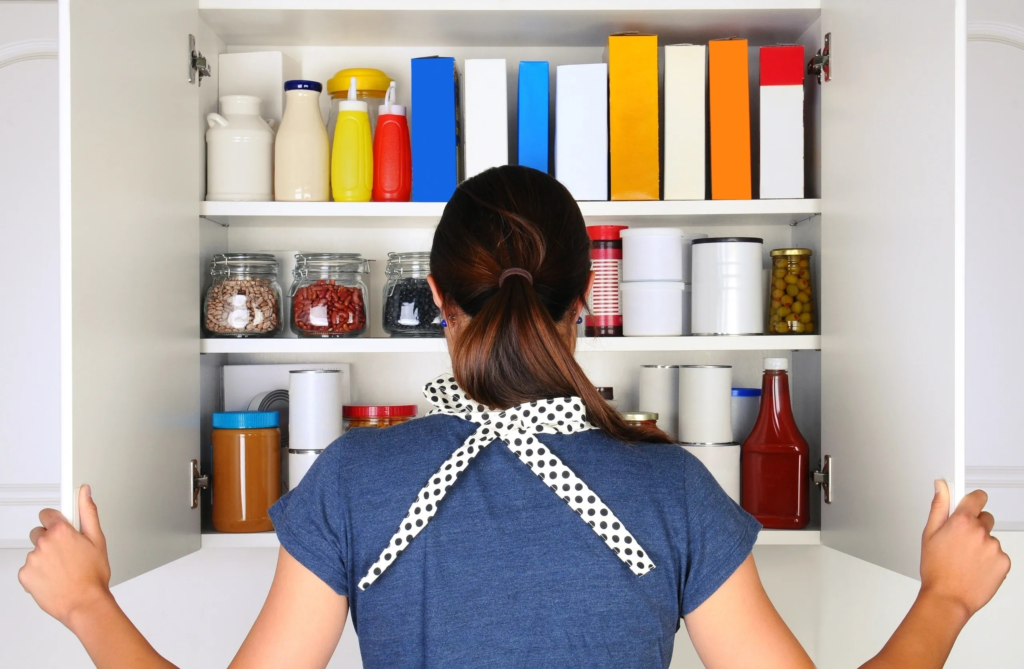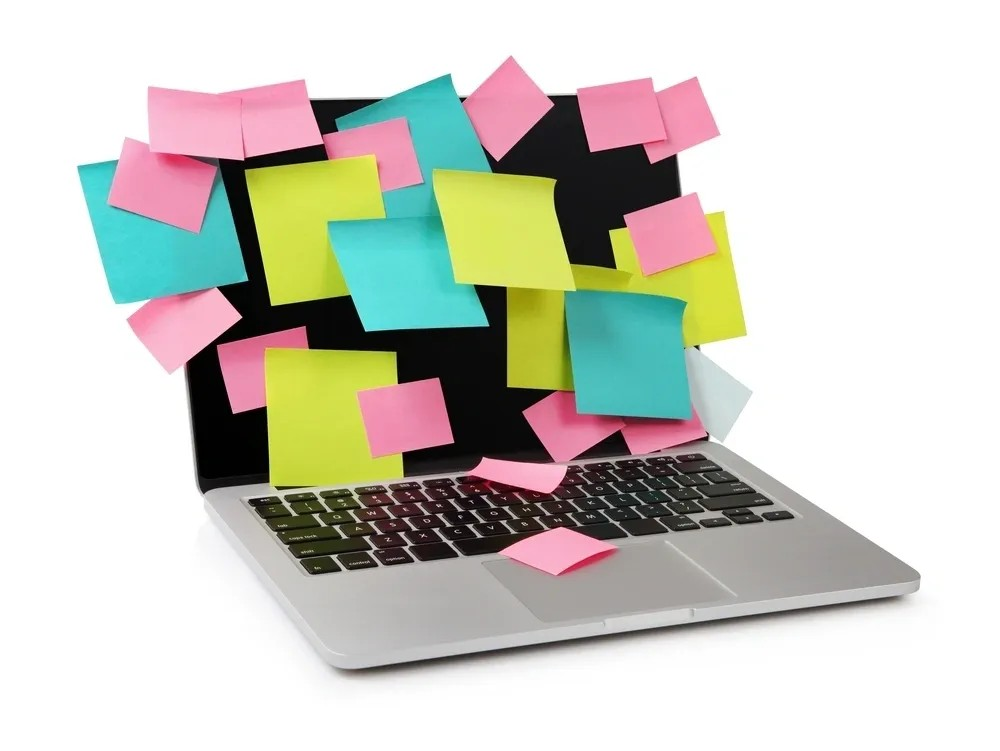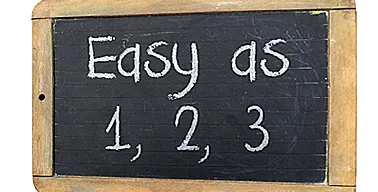What EXACTLY does a Professional Organizer do?

The Organizing industry is truly a hidden gem. I couldn’t believe I didn’t know the industry existed until a couple years ago. Of course, I was actively avoiding places like The Container Store. I knew if I set foot in there it would be all over. Poverty would follow. I knew I would love it and I’d go broke in 6 months. Truly. I had never been in the store until after I decided to go into this profession. And yes, I love it. In the crazy world we live in, there are endless ways to help our clients. Most folks are at full, or over, capacity trying to keep all the plates spinning with their day-to-day lives. How can they keep up? How can they learn all the processes and tricks to manage their lives more efficiently and reduce their stress? How do they know how to declutter a closet efficiently and thoroughly? Enter the organizing profession. You may have wondered how I ended up in this industry. The Business Analyst role did not entirely fit me. The analytical aspect as well as creating order was suitable. Mostly I was motivated with activities such as improving processes, streamlining and documenting procedures, and organizing online data. Then I had a conversation with a friend. We were talking about projects around the house and I was saying that I was doing some organizing and said something to the effect of, “I wish I could do this for a living! ” She said, “You can. That profession exists.” WHAT??!!!! (mind blown) And life has never been the same. During my research, I discovered there are several different national and international organizations that exist to support this industry. Who knew? One of their primary missions of these organizations is to get the word out that this industry exists and how our expertise changes lives. My research initially landed me at the NAPO (National Association of Professional Organizers) website. Here, as you can imagine, I relished every word and thought I discovered the “mother ship” for my people. Believe it or not, this is worldwide phenomenon. Other countries have national organizations as well like Canada, the UK – even if they spell it “organise”, and of course Japan (as many of us are familiar with Marie Kondo and her book about tidying – which really just means organizing.) There is an organization that supports organizers who are helping clients that are challenged with chronic disorganization. There is even an organization that seeks to unite the various national organizations worldwide called the International Federation of Professional Organizing Associations (IFPOA). Who knew, right? When I decided to become a Professional Organizer, I really didn’t understand the depth of the industry I was jumping into. My decision was based on my business-world skills, my natural bent (thanks Mom & Dad!), and life experiences of figuring stuff out while I managed my life and household. The industry thrilled me but I had to learn exactly what all is involved in helping others with their challenges. I found that there is A LOT more to this career than that meets the eye. The reach of our industry knows no bounds. It reminds me of physicians and how they have many specialties. Many organizers are generalists, but most also have specialties as well: hoarding, closet installs, garages, moves, residential, photos, ADHD/OCD, transition, time management, kitchens, eco-friendly, new moms….the list goes on and on. It’s funny that when you have an aptitude for something, you originally think that everyone must think like you do. I distinctly remember an experience of organizing with someone before I “turned pro”. I was thoroughly enjoying myself feeling pumped as I was getting more organized. I passed them in the hall and said, “Isn’t this fun?” to which they snarled, “No, it’s torture!” What? You may be thinking the same thing as you’re reading this. I get it. You don’t think organizing is fun. You hate it and find any excuse to do something different. We are all created differently. Thank goodness! When I have to do things involving say money, I look for all the distractions I can find. Squirrel! What Do Organizers Do?Some people think Organizers just put things away –like somebody’s mom (sorry I just had to). Others think we are administrative assistants, some think we plan events. The Merriam-Webster dictionary defines the word organize as “to arrange or order things so that they can be found or used easily and quickly : to put things into a particular arrangement or order”. That just barely touches on the industry. Currently, there are two main types of Organizers: Residential & Business. Business organizing focuses on positively impacting businesses. Taking on goals such as gaining efficiencies, streamlining workflow, improving paper and electronic files, and coaching are typical offerings. Residential focuses on the home. For the purposes of this blog, we’re focusing on residential organizing. I recently read an article about getting organized that basically told people the key is, “Things need to go where they need to go.” Well yes, but this doesn’t address the challenge many have in setting up an effective system of where things go. It doesn’t address busy lifestyles, multiple people in the same space, special needs, feelings of being overwhelmed or stuck. I could go on and on. I was really saddened by this person’s lack of understanding and compassion for the challenges of getting organized and staying organized. It reminds me of my bitmoji (app where the avatar looks like you). This brings up a basic philosophy in this industry: No judgment. Compassion and understanding are the tenants on which our industry is built. Most Organizers number one goal is to help. Does a personal trainer look down on someone 20 lbs overweight who wants to get healthier? Of course not or you wouldn’t hire them. Organizing is the same way. We exist to bring about desired change, to help our clients achieve their goals, to watch the excitement as their world expands and the fog lifts.
Unlocking the Potential of ADHD: Overcoming Challenges with Organization

Did you know that approximately 11% of children aged 4-17 (6.4 million) have been diagnosed with ADHD, with rates in young children rising by over 50% in just a few years? (Source: CDC) ADHD is not just prevalent—it’s growing. If you’re affected by ADHD, either personally or through someone you know, you understand how deeply it can impact life: time management, productivity, home organization, work, and relationships. The ADHD Brain and Organizational Challenges Managing ADHD can feel overwhelming, but understanding the unique ways it affects the brain is the first step to success. Key challenges include: Proven Organizational Tips for Success Clearing the Clutter: Decision-Making Strategies ADHD often complicates decisions about what to keep or toss. Simplify the process with targeted questions: These prompts help frame decisions in a way that’s less overwhelming and more actionable. The Strengths of ADHD ADHD isn’t all about challenges. People with ADHD bring incredible strengths to the table: What Do I Do? Whether you have ADHD or support someone who does, the key to thriving lies in embracing the challenges while unlocking the potential. With the right strategies and systems in place, organization becomes not only possible but empowering. Start small, stay consistent, and remember—progress is the goal, not perfection. Take the first step today and discover how organization can transform your life!
It’s Back-to-School Season: How to Stay Organized and Stress-Free

It’s Back-to-School Season: How to Stay Organized and Stress-Free It’s that time of year again—stores are decked out with flashy “Back to School” signs, and the aisles are packed with freshly minted school supplies. Schools are sending paperwork and forms for the upcoming year, and even a few leaves are starting to change color amidst the warm summer days. For many parents, this is a bittersweet time. You’ve enjoyed the slower pace and more time with your children, but the school bells are calling, and it’s time to gear up for a new season of learning and activities. Feeling overwhelmed? Take a deep breath. Now repeat after me: “I can get everything done at a reasonable pace, and we’ll have the best fall ever!” (Feel free to rinse and repeat as often as needed to stay calm.) Here are six guidelines to decrease your stress levels and help you stay organized this back-to-school season: 1. Focus on the Positive It all starts with your mindset. The transition to the school season will be smoother and more enjoyable if you set a positive tone. Kids love summer—it reminds us all of carefree childhood days, barbecues with neighbors, trips to the beach, and endless outdoor fun. But as summer fades, it’s time to focus on the exciting things fall brings. A mother’s mood often sets the tone for the household. Start talking about the fun activities ahead: brightly colored trees, trips to the apple orchard, or late-night bonfires. Highlight what makes fall special and use this optimism to guide your family through the transition. A positive mindset not only boosts morale but helps everyone embrace the change with enthusiasm. 2. Dominate Your Calendar There’s no one “right” way to manage your schedule—whether you prefer digital tools or a paper planner, find a system that works for you and stick with it. Take the time to write down every activity on your family’s calendar. Share this schedule with everyone in your household and, if possible, color-code activities for each family member. Start a list of carpool contacts and look ahead for potential conflicts. Planning ahead will save you the stress of last-minute surprises, like scrambling for a new pair of pants for tomorrow’s choir concert when you already have a packed evening. 3. Coordinate Dependencies Once your calendar is under control, you can focus on what needs to be done to support those activities. For example, if your daughter starts soccer in two weeks, check if her cleats still fit or need replacing. If two kids have games on the same night, start arranging rides now. By staying ahead of these logistical challenges, you’ll minimize stress and make activities more enjoyable for everyone. 4. Purchase School Supplies Early School supply lists often arrive early, but you can usually find them online even before that. Don’t wait until the last minute—shop early to avoid the frustration of sold-out items. Reflect on your past experiences. If shopping as a family was fun, do it again. If it was chaotic, consider taking one child at a time and turning it into a special “date” night. Adding a treat at the end can make the experience enjoyable and memorable. 5. Gently Adjust Sleep Schedules Summer often means late nights and lazy mornings, but fall’s structured routine will require an earlier start. Avoid the shock of a sudden change by gradually adjusting bedtimes and wake-up times in the weeks leading up to school. Shift schedules by 15 minutes each day to help your kids’ internal clocks adjust smoothly. This gradual approach makes the transition easier and ensures everyone feels well-rested for the first day. 6. Add Cushion and Grace to Your Schedule As much as possible, build flexibility into your schedule. Don’t overcommit your time or finances until you’re sure you can manage them. It takes time for families to adjust to the rhythm of a new school year. Be patient with yourself and your loved ones. After a few weeks, you’ll likely find your groove, with the sweet memories of summer in your rearview mirror. With a bit of planning, focus, and organization, you can ensure that your transition into the school year and fall activities is a smashing success. Here’s to a stress-free and exciting back-to-school season!